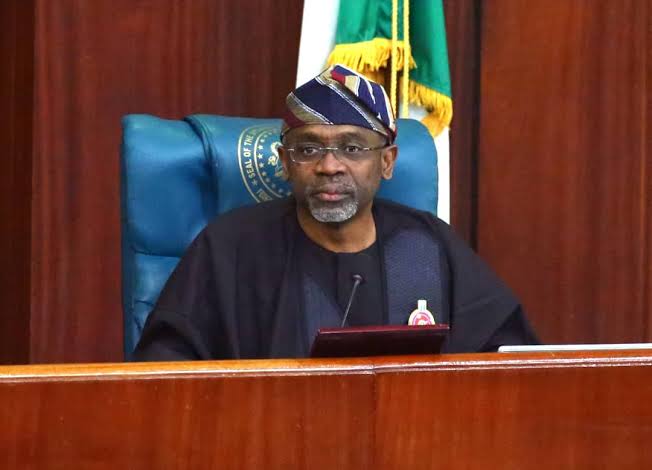The controversial National Water Resources bill yesterday passed first reading in the House of Representatives.
The proposed law seeks to establish an act that would provide a regulatory framework for Nigeria’s water resources sector.
The bill as proposed sought to bring water resources both surface and underground and the banks of the water sources “affecting more than one state” under the control of the federal government.
There was mild drama on the floor of the House as lawmakers disagreed over the reintroduction of the bill.
The bill dates back to the 8th National Assembly when it was first sent to the parliament by the executive.
The bill was also introduced in 2020 by the green chamber but was later withdrawn following criticism that trailed the decision of the lower parliament.
At the time when the bill was passed in the House of Representatives, it failed at the senate.
After the bill passed first reading yesterday, the member representing Gwer East/Gwer West Feder Constituency of Benue State, Mark Terseer Gbillah, raised a point of order questioning why the proposed legislation is reintroduced.
“I am aware that the matter listed for first reading — the national water resources bill generated a lot of controversy within this honourable house and even across the country and some of us wonder why this issue is still being represented on the floor of the house because some of us are not comfortable in support of this bill in the first instance,” he said.
In response, Gbajabiamila said he raised the same question with Sada Soli, sponsor of the bill and chairman of committee on water resources.
The speaker said he was informed that governors of the various state made input and that the concerns raised may have been addressed.
“I asked the chairman the same thing this morning and he told me that the issues of controversy that were raised then have been addressed by all the governors,” Gbajabiamila said.
“Apparently it is a new bill, that all the governors of the federation both south and north participated on this bill and I want to take him by his word.
“I believe that you raised a very cogent point. We live in a very diverse country and everybody sensitivity must be taken into consideration.”
Visibly dissatisfied, Gbillah said the responsibility of lawmaking rest with lawmakers and not governors.
According to him, whatever the governors might have agreed upon may not be acceptable to lawmakers.





